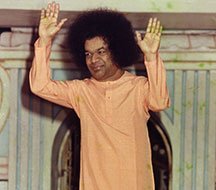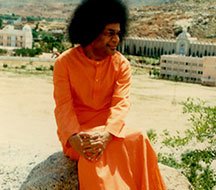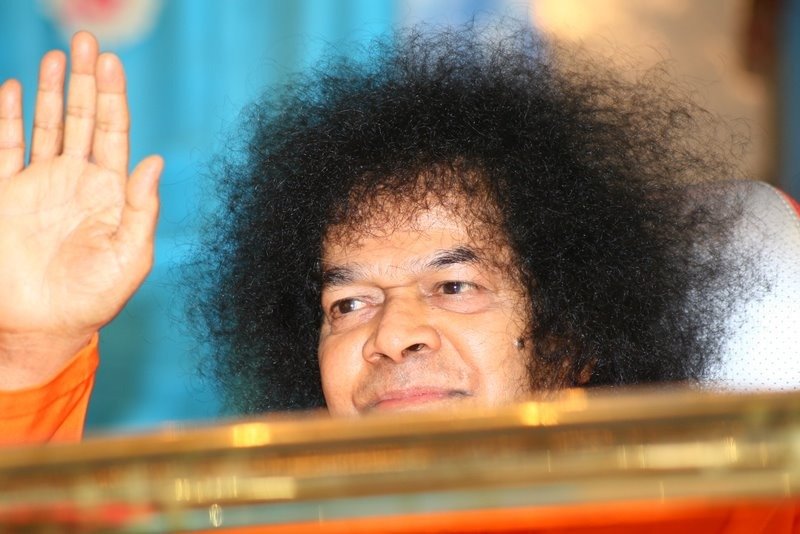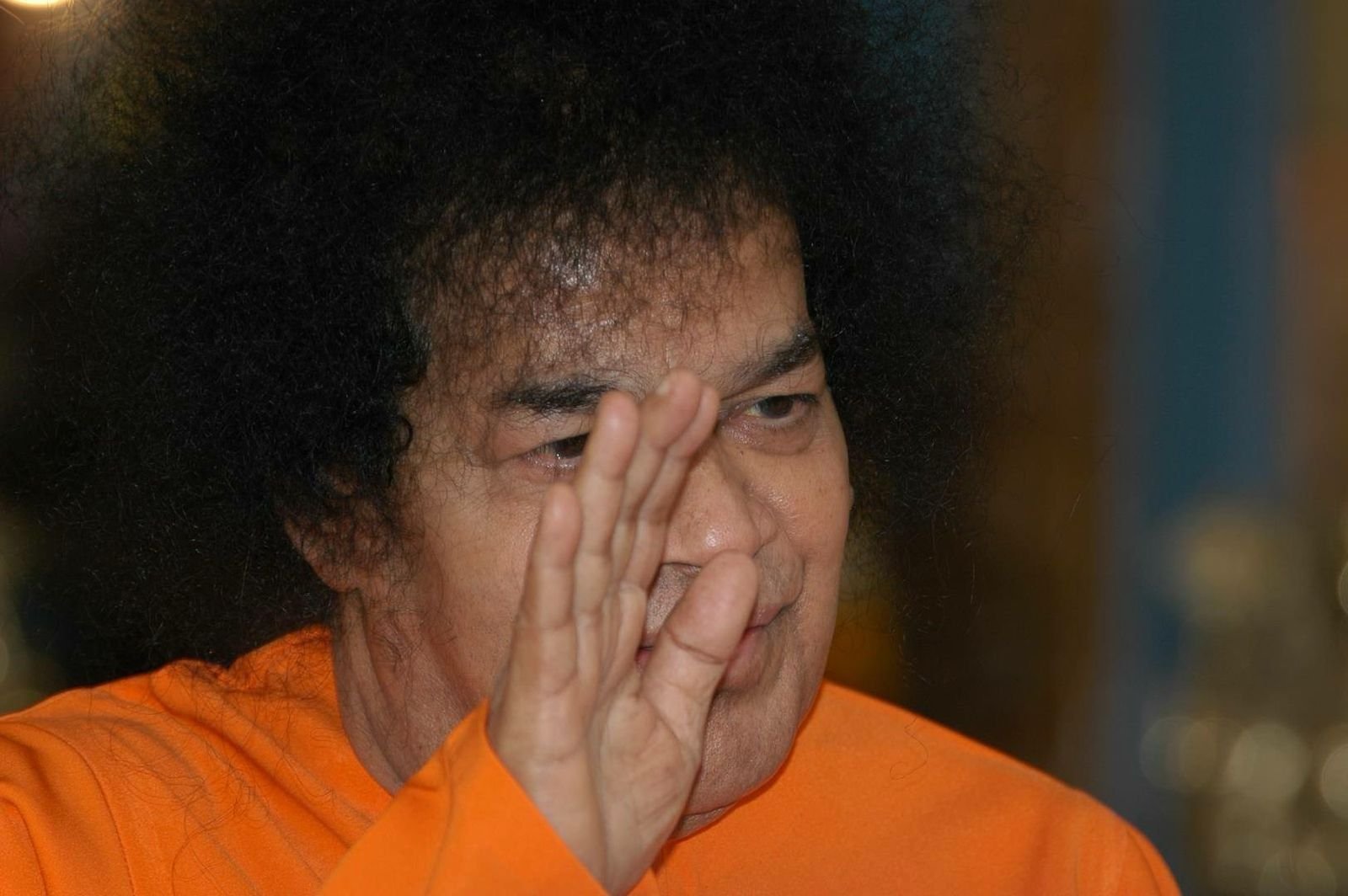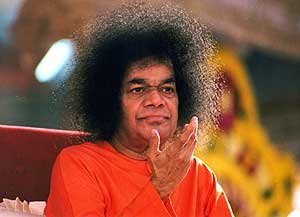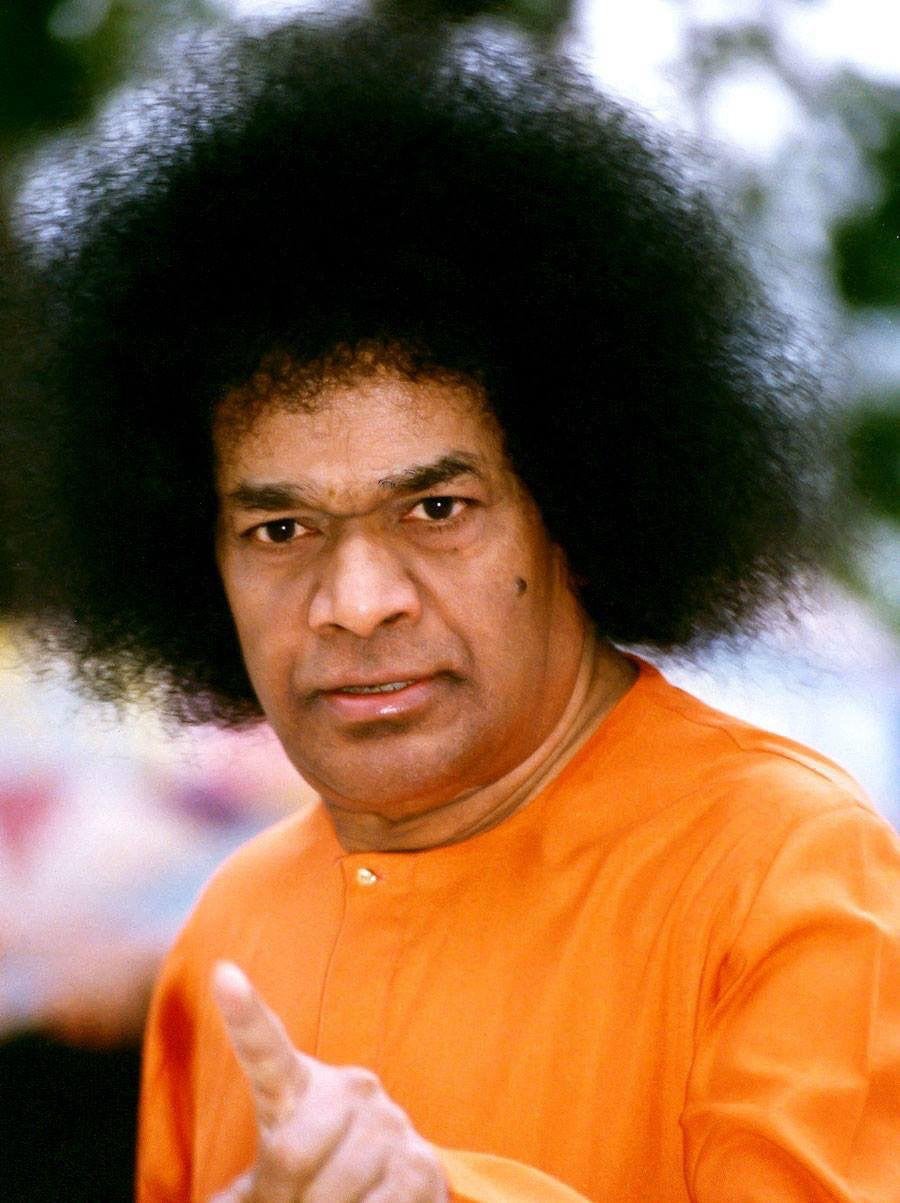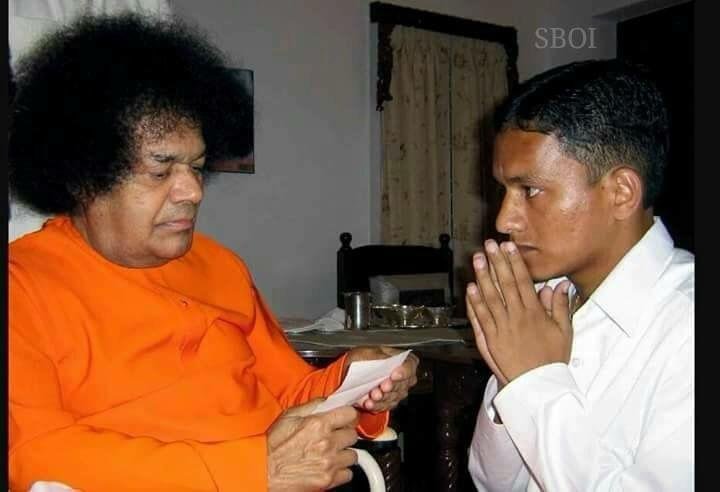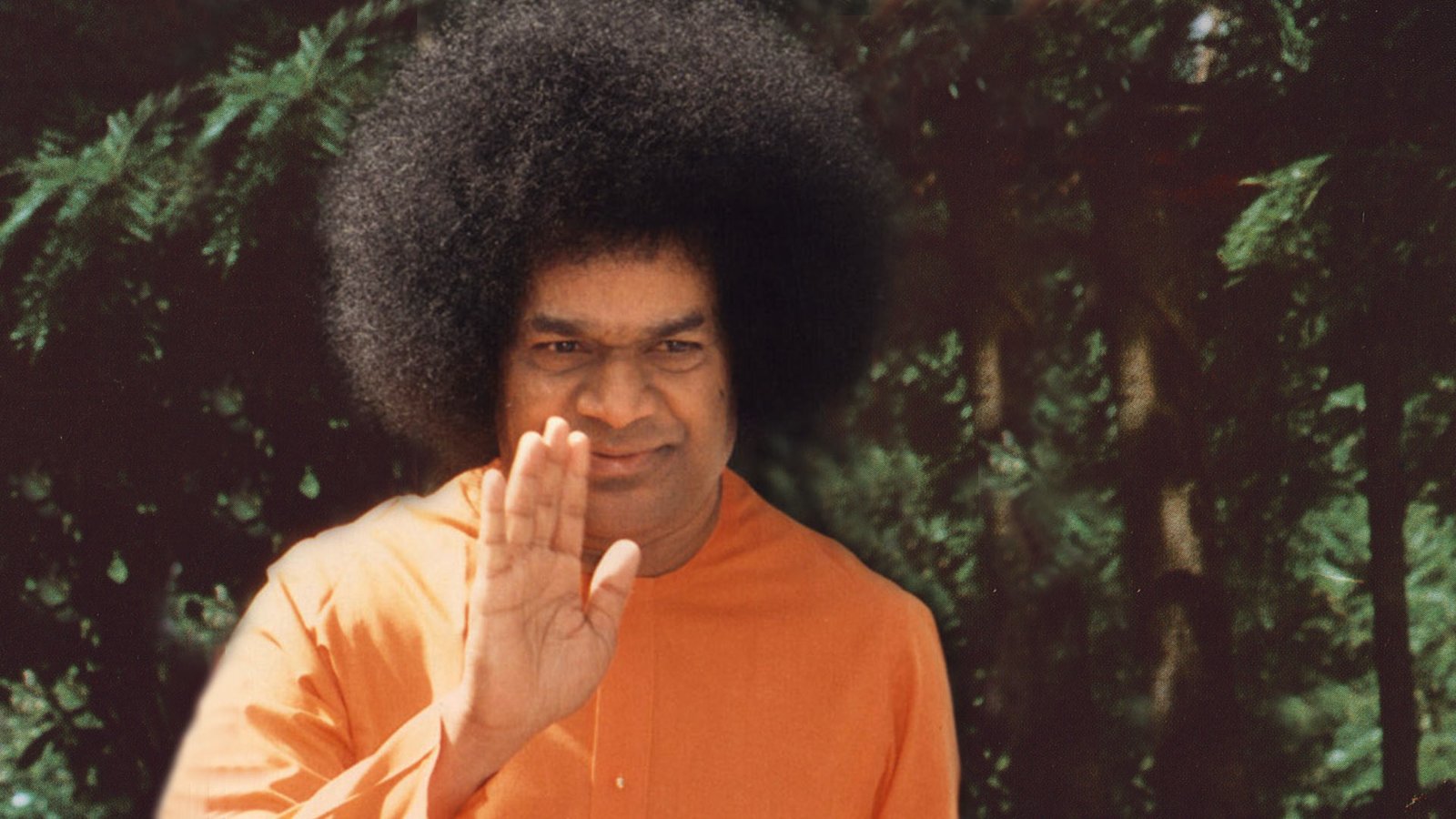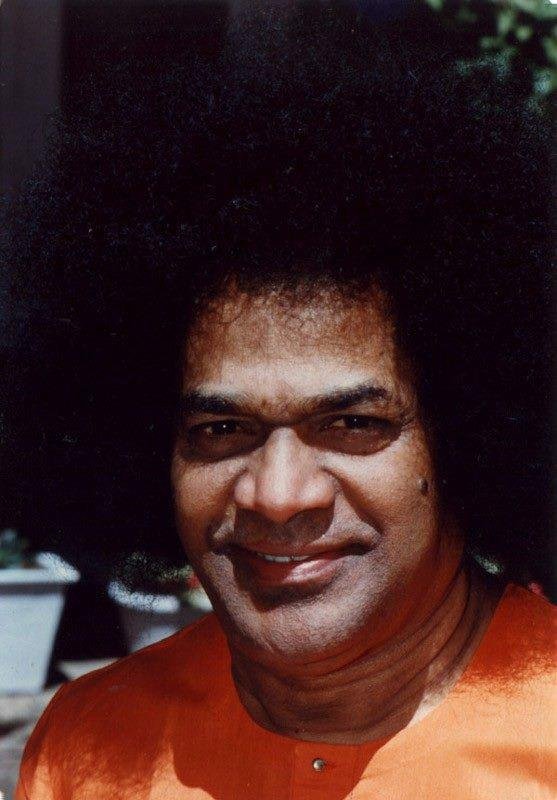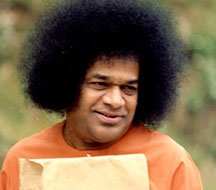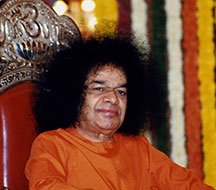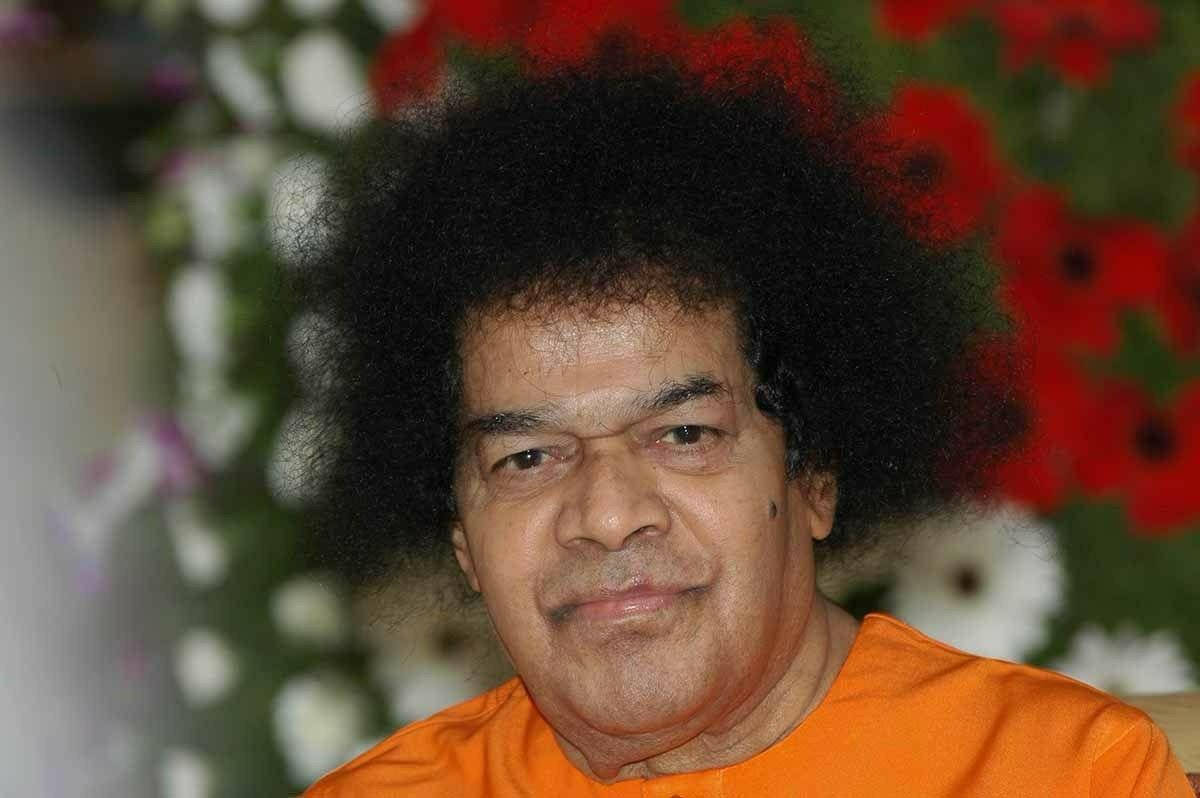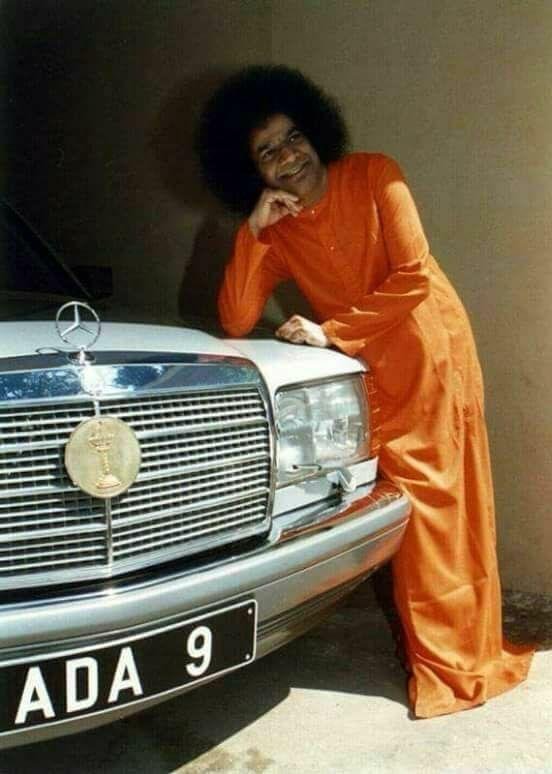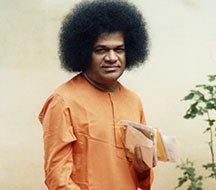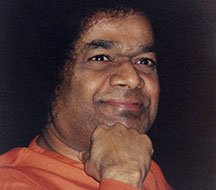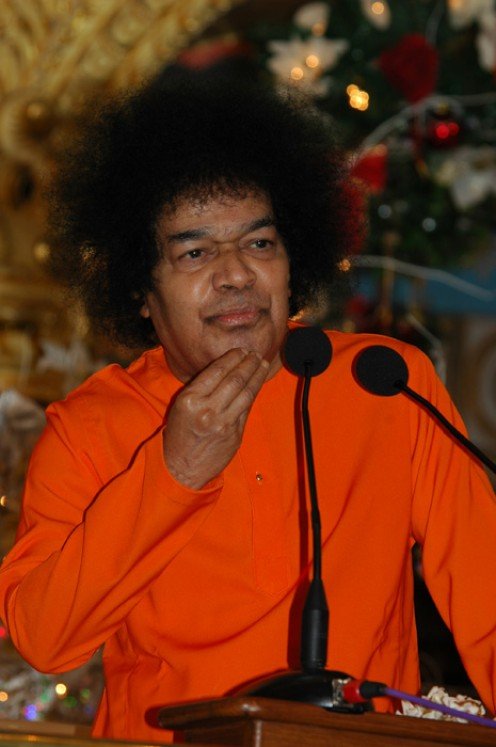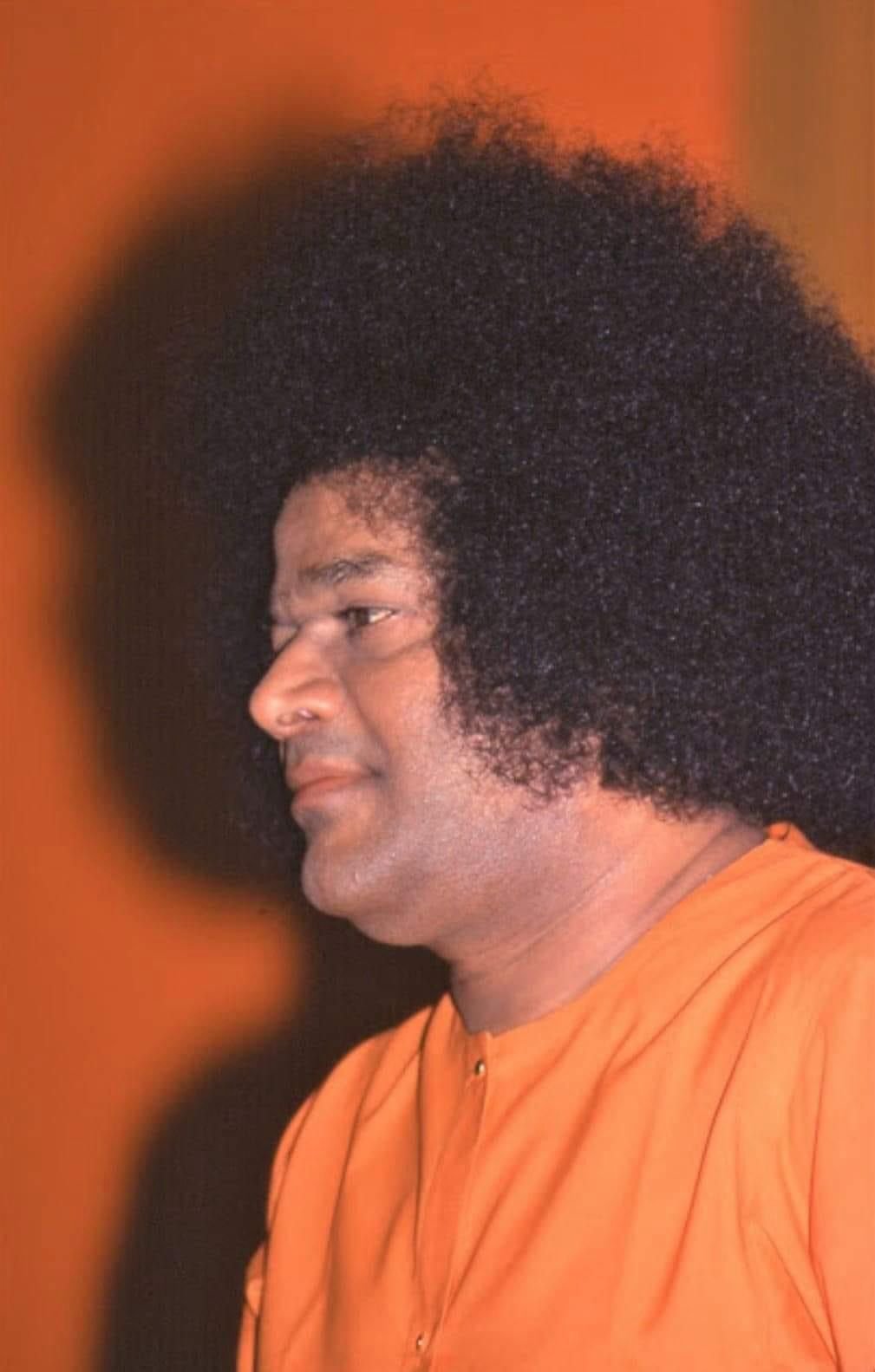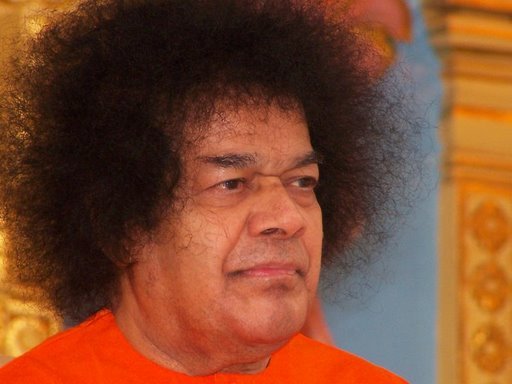Rakshabandhan
Raksha Bandhan, also called Rakhi, is a cherished Hindu festival that celebrates the bond of love, care, and protection between brothers and sisters. Observed on the full moon day (Purnima) of the Shravan month (July–August), this festival is a symbol of family unity, love, and trust. On this day, sisters tie a sacred thread (rakhi) around their brothers’ wrists, praying for their well-being, while brothers vow to protect and support their sisters.


Raksha Bandhan, also known as Rakhi, is a popular Hindu festival that celebrates the sacred bond between brothers and sisters. On this day, sisters tie a decorative thread (rakhi) around their brothers’ wrists, praying for their health,






Rituals & Traditions of Rakshabandhan
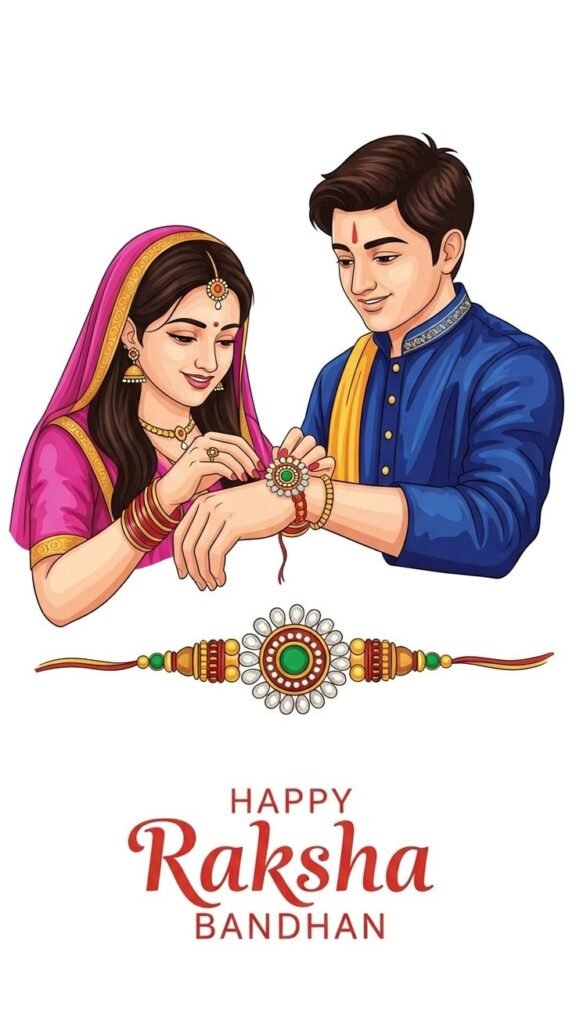
Raksha Bandhan is celebrated with great devotion and joy, following rituals that symbolize love and protection. On this day, families gather, and sisters prepare a puja thali decorated with a rakhi, diya, rice grains, kumkum, and sweets. The ceremony begins with sisters performing an aarti for their brothers, applying a tilak (vermilion mark) on their foreheads, and tying the rakhi on their wrists while chanting prayers for their well-being. In return, brothers shower their sisters with gifts and blessings, promising to stand by them in all circumstances.
Traditionally observed on the Shravan Purnima (full moon day in the Hindu month of Shravan), this festival is also marked by families exchanging sweets, gifts, and festive meals. In many regions, rakhis are tied to close friends, cousins, and even soldiers as a gesture of goodwill, symbolizing that the bond of protection extends beyond family. Modern celebrations have also embraced online rakhis and virtual blessings, yet the essence of the ritual remains unchanged — a heartfelt expression of sibling love and commitment.
Spiritual Importance & Cultural Significance
Raksha Bandhan is not just a festival of siblings but a spiritual celebration of love, protection, and righteousness (dharma). Spiritually, the rakhi symbolizes a protective shield that wards off negative energies and strengthens the sacred bond between siblings. The ritual of tying a rakhi represents a thread of faith and blessings, reminding both brothers and sisters of their spiritual duties toward each other. It also reflects the essence of Hindu philosophy, where relationships are rooted in karma, compassion, and selfless service.
Culturally, Raksha Bandhan is a festival that unites families and communities. It is celebrated across India with regional variations—known as Rakhi Purnima, Janai Purnima, Narali Purnima, or Kajari Purnima in different states—each with its own traditions. The festival extends beyond biological siblings, as many tie rakhis to friends, cousins, and even soldiers, symbolizing universal brotherhood and protection. In today’s world, Raksha Bandhan continues to bridge distances, with people sending rakhis across cities and countries, reinforcing the cultural message that love and care know no boundaries.


Food & Sweets & Modern Celebrations
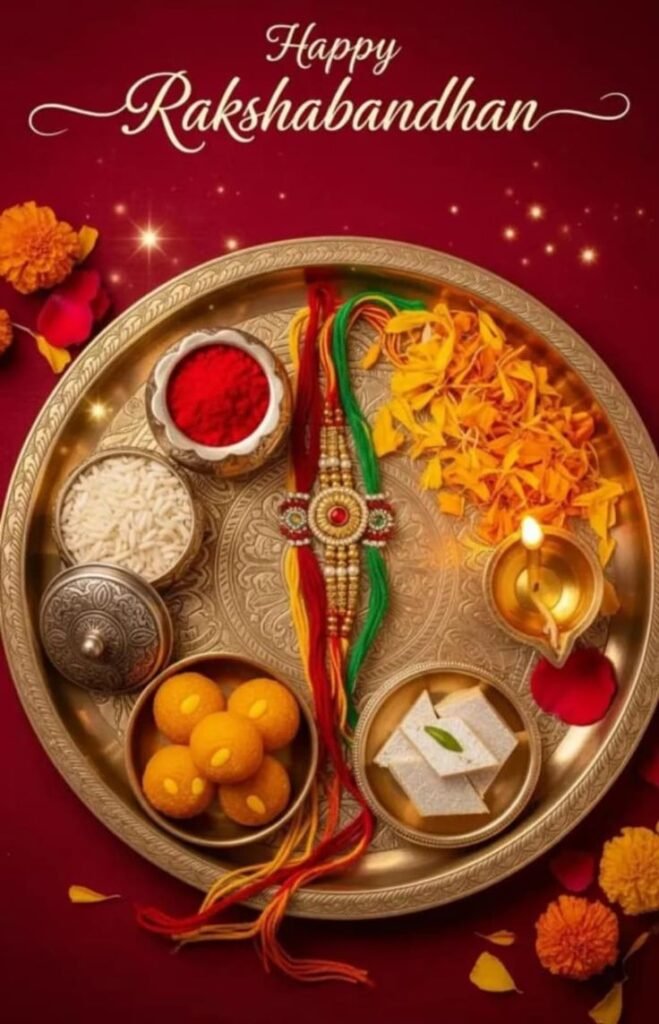
Raksha Bandhan is incomplete without delicious festive food and sweets that symbolize love and joy. Traditional Indian sweets like Rasgulla, Gulab Jamun, Barfi, Kaju Katli, Ladoo, and Jalebi are prepared or purchased to mark the occasion. Many families also enjoy elaborate home-cooked meals, featuring pulao, puri, chole, paneer dishes, and festive snacks, making the celebration a feast for both the heart and the taste buds.
In modern times, Raksha Bandhan has evolved to keep pace with changing lifestyles. With families often living in different cities or countries, online rakhi delivery services and virtual celebrations have become common, allowing siblings to express love despite distances. Personalized gifts, designer rakhis, eco-friendly rakhis, and handmade cards add a contemporary touch to the festival. Social media platforms are also widely used to share heartfelt messages, photos, and videos, spreading festive cheer worldwide. Despite modernization, the essence of Raksha Bandhan—love, protection, and the celebration of relationships—remains timeless and deeply cherished.

